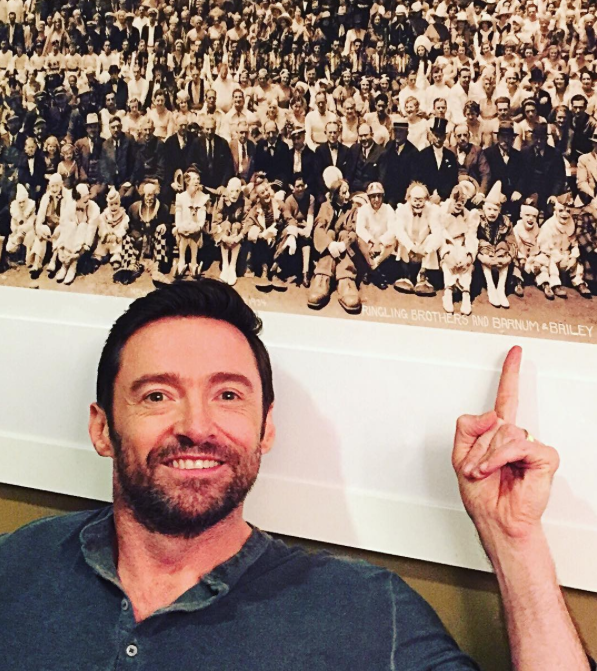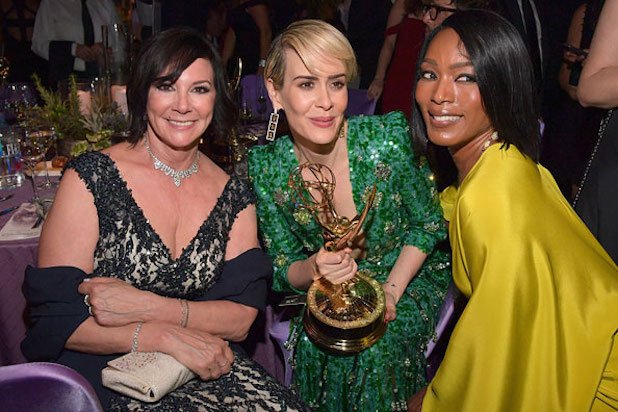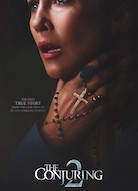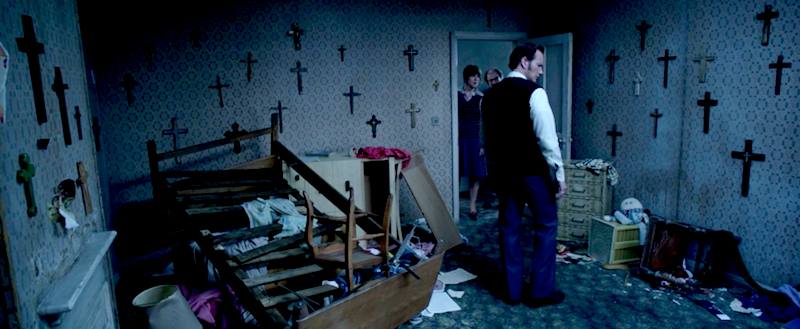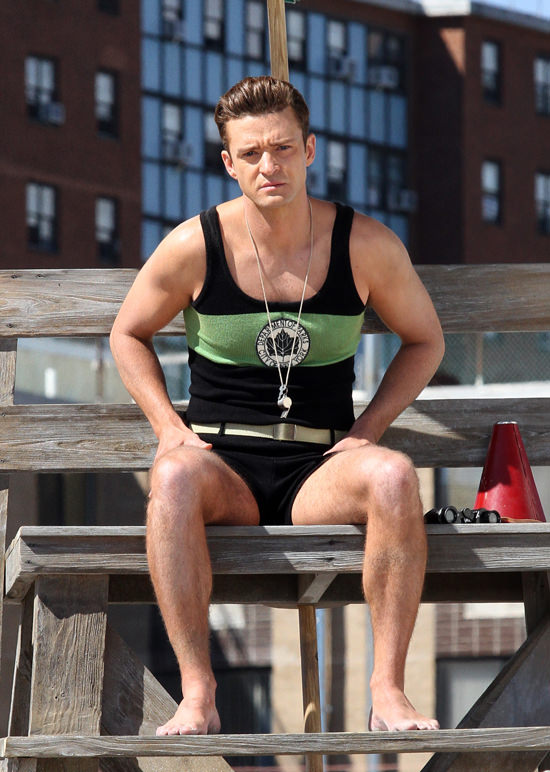Though I just gushed love all over Thomas Vinterberg's Oscar submission finalist The Commune yesterday, today brings news that Denmark went with another title for their submission. The committee unanimously chose Land of Mine, a World War II drama. The film looks at a little told story about German POWs in Denmark forced to dig up land mines. The film will be released in the US by Sony Pictures Classics, dates TBA. It's worth noting that the film is also up for the Nordic Film Prize on November 1st, a prize which has other Oscar submission finalists in the running:

Nordic Council Film Prize Nominees
The Happiest Day in the Life of Olli Mäki (Finland's Oscar submission)
The Here After (Sweden - Reviewed last year at TIFF)
Land of Mine (Denmark's Oscar submission)
Louder Than Bombs (Norway's English Language Joachim von Trier film)
Sparrows (Iceland's Oscar submission finalist - they have not announced yet)
If you haven't checked out the Foreign Film Submission Charts they've had multiple updates recently with 55 films announced thus far (the number of contenders generally falls somewhere between 75-80 when all is said and done). New announcements include Apprentice from Singapore (reviewed), Jonas Cuarón's Desierto from Mexico (opening next month in the US starring Gael García Bernal, a mainstay of this category), Asgar Farhadi's Arthur Miller inspired Salesman from Iran, Karma from Thailand, and more. You can read about the films on the charts
Submission Charts
Afghanistan to Finland - 20 submissions thus far
George to Morocco - 13 submissions thus far
Nepal to Venezuela - 23 submissions thus far
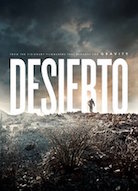 Current Predictions
Current Predictions
Here are 15 hunches, alphabetically, of films that have a good shot at the 9-wide finals. In red is the only film you could argue is locked up for the finalist list.
Barakah Meets Barakah (Saudi Arabia)
Desierto (Mexico)
Happiest Day in the Life... (Finland)
Julieta (Spain)
The King's Choice (Norway)
Land of Mine (Denmark)
Letters From War (Portugal)
A Man Called Ove (Sweden)
Neruda (Chile)
Salesman (Iran)
Sieranevada (Romania)
Tanna (Australia)
Toni Erdmann (Germany)
Train Drivers Diary (Serbia)
"Whatever France Submits" (TBA)
 Monday, September 19, 2016 at 8:00PM
Monday, September 19, 2016 at 8:00PM 


